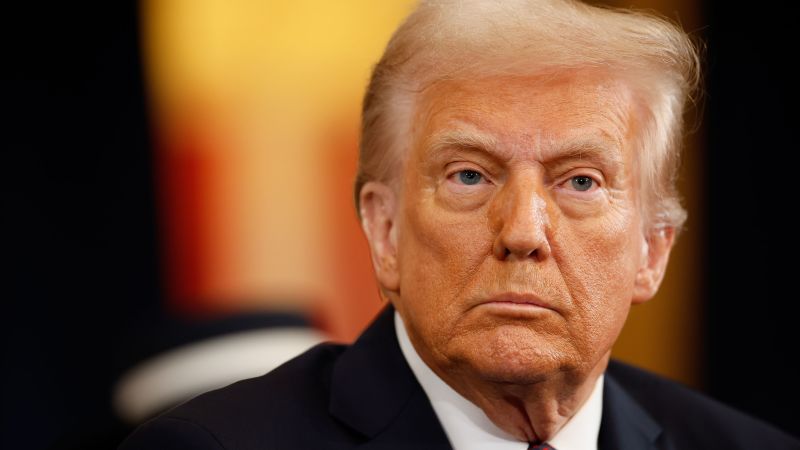War Clock Ticks: Trump's Ukraine Peace Pledge Falls Short

President Donald Trump's Bold Promise Falls Short: Ukraine Conflict Continues
In a stark reminder of the complexities of international diplomacy, President Donald Trump's ambitious pledge to swiftly resolve the Ukraine conflict has failed to materialize. Despite bold statements and confident predictions, the war that has gripped Eastern Europe remains unresolved, challenging the administration's strategic approach.
The prolonged conflict has exposed the intricate challenges of international mediation, revealing that diplomatic solutions are rarely as straightforward as political rhetoric suggests. Trump's initial commitment to ending the war quickly has been met with the harsh realities of geopolitical tensions and deeply rooted regional conflicts.
Diplomatic experts and foreign policy analysts have been quick to point out the significant gap between presidential promises and the ground-level complexities of international negotiations. The ongoing situation in Ukraine continues to test the limits of diplomatic intervention and strategic peacemaking.
As the conflict persists, questions mount about the effectiveness of current diplomatic strategies and the potential long-term implications for regional stability. The missed deadline serves as a critical reminder of the unpredictable nature of international relations and the challenges of resolving deeply entrenched geopolitical disputes.

